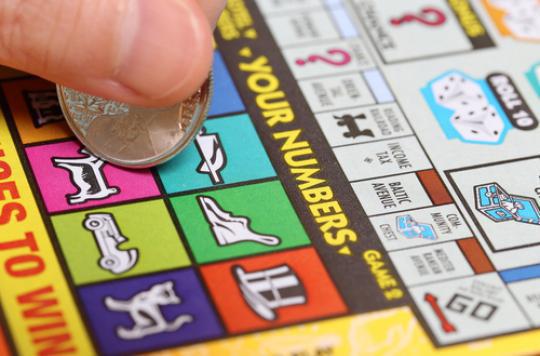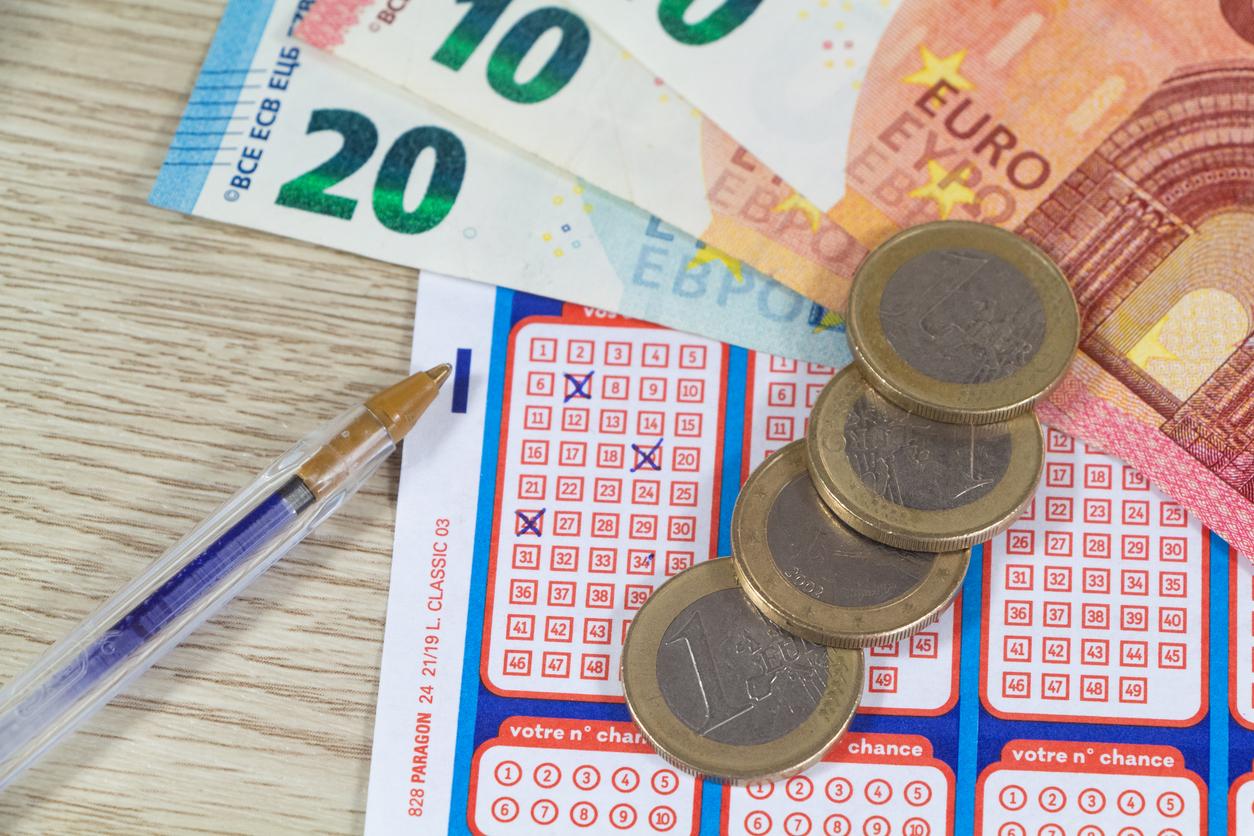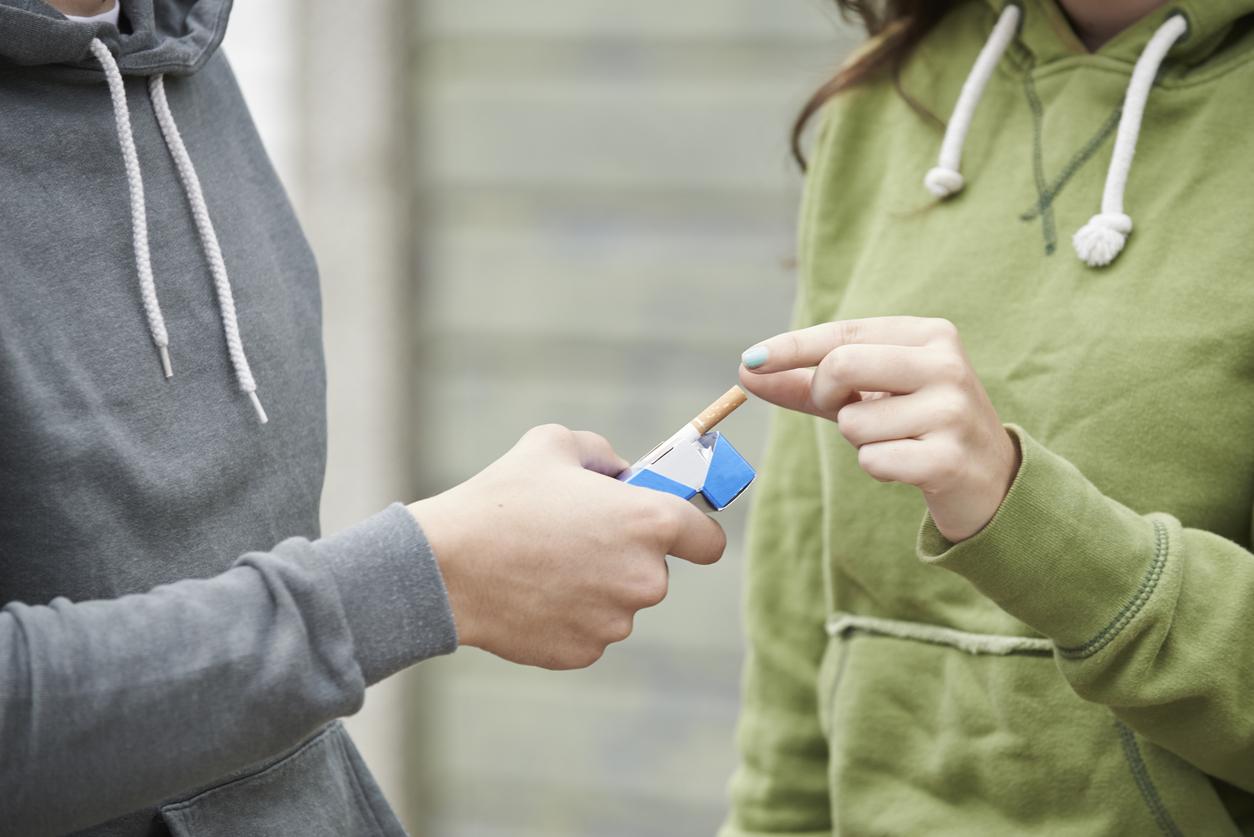A parliamentary report recommends making the identification of players compulsory for the purchase of tickets and tickets, in order to combat the risk of addiction.

Bettors, papers, please! While one in three minors say they have already played games of money and chance (scratch cards, sports betting and draw games in the head), deputies recommend establishing a mandatory identity check, prior to the purchase of a ticket or a ticket.
The proposal, contained in a report parliamentary presented this Wednesday by Jacques Myard (LR) and Régis Juanico (PS), was formulated in October by the Court of Auditors. It aims to strengthen the ban on the purchase of games of money and chance (JAH) by minors, which seems to be poorly applied.
Forbidden Games
The legislation would thus align with that which governs casinos, where the presentation of an identity document is obligatory for all the players in order to exclude the minors, but also the people registered in the “file of the prohibited of gambling” . This file, whose registration is voluntary or an administrative decision, is sent to casinos, gaming circles and legal gambling sites. It does not apply to lottery grids, or PMU games.
The deputies thus wish “to extend the consultation of the file of the prohibited of gambling to the network of physical points of sale of the PMU and of the Française des jeux”, we can read. In their report, the authors note that while the number of excessive gamblers has remained stable (200,000), on the other hand, the proportion of moderate-risk gamblers has multiplied by 2.5 in five years, from 400,000 in 2010 a million in 2014.
A “poorly regulated” universe
It is on this gray area that the legislators therefore wish to act through these measures, while “the commercial policy” of the JAH remains “little regulated”. “The State intervenes especially in the curative field with the device Joueurs info service and the centers of care of accompaniment and prevention in addictology”, they note.
In terms of prevention, therefore, efforts remain insufficient. In his report,the Court of Auditors underlines in fact that a European directive transposed into French law has set at 2000 euros the threshold beyond which gaming operators must raise the identity of players, but the text does not seem to be applied.
Experiments
To reduce the anonymity of punters, the PMU set up in 2010 a “free private card”, the PMU card, which allows punters to play on a registered and secure customer account at all points of sale in the network. . The objective was to produce 230,000 active cards by the end of 2016 but it has not been fulfilled, specifies the Court of Auditors.
On the side of the Française des Jeux, the “development of a player card is behind schedule”, we can read. An experiment will be launched this year, with the setting up of “player accounts” in around a hundred sports betting outlets. The device should be made permanent within five years.
On the side of addictologists who see problem gamblers in consultation, the report is welcomed. However, the Court of Auditors evoked in October a response from the Minister responsible for the Budget, which indicated “that a player card which would be made compulsory for all players and whatever the type of game would run, in France, a risk of unconstitutionality ”.
In France, another experiment is under study. It consists of identifying players at risk on online gambling sites. Indeed, these sites have a legal obligation to provide ARJEL, the online gaming regulatory authority, with data relating to their players. ARJEL could use an algorithm designed to identify at-risk players in order to provide them with personalized advice.
.

















